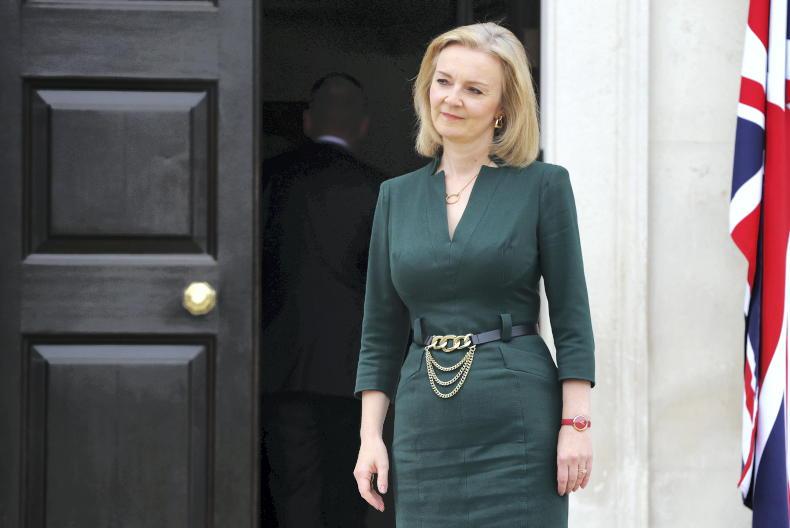The recent experience of the pig-processing industry in the UK attempting to recruit workers from abroad is a timely reminder of how the single market benefits the Irish economy.
With over half the Irish population educated to third level (higher than the EU average), more of the working population are chasing careers outside many traditional sectors of employment.
As a result, many vacancies have arisen in factories and hospitality and for almost 20 years of travel freedom within the EU, these have been increasingly filled by workers from outside Ireland.
Changing nature of work
Typically these have been filled by people from eastern European countries where economic development and education have lagged behind western Europe.
It is comparable with Irish people historically travelling to England and the US for work before the rapid economic development that took place following the arrival of second-level education in the 1960s and the EU membership in 1973.
Just as Irish workers had previously staffed factories, hospitality businesses and construction sites in Britain, Ireland – as well as Britain – has come to rely on eastern European workers to fill gaps in the same sectors.
Of course, with EU membership, eastern European countries who were last to join the EU have also experienced rapid economic growth and development.
With it, many people find there is less need to travel to Ireland or elsewhere for work.
Brexit effect
With the UK leaving the EU and single market, free movement of people no longer applies in Britain.
That has created an even greater challenge for food-processing factories than it has in Ireland because these workers aren’t approved for entry to the UK workforce.
A key part of the criteria is an ability to speak English and the result has been that factories have been so short staffed that pigs have had to be culled due to shortage of processing capacity in the latter part of 2021.
The pandemic played a huge part in the disruption of production, but so did automatic access to skilled butchers from the EU.
Failed visa scheme
Eventually the government relented and created 800 special visas to allow butchers enter without the normal post-Brexit immigration criteria applying.
The scheme flopped with resulting recriminations between the government and meat processors while pig farmers are in desperation.
The government accused the factories of not using the scheme, the British Meat Processors Association (BMPA, the trade association representing the factories) replied that they had requested the government-appointed agencies to get as many as they could up to the 800 limit.
The BMPA says that these agencies didn’t have the contacts or experience to find and vet the candidates and only a couple of hundred were recruited before the window closed.
Irish factories, the hospitality and service sectors are having to work hard to attract people even with a potential recruitment pool stretching across the entire EU27.
It is more difficult again for these sectors in Britain where free movement of people is confined to just the UK regions and Ireland as part of the common travel area.









SHARING OPTIONS